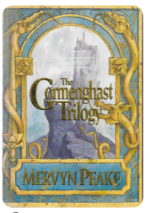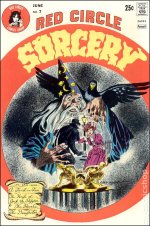ShelbyDawn57
Fae Princess
- Joined
- Feb 28, 2019
- Posts
- 4,583
I think, due to there short yet robust stature, and the fact that female dwarves have beards, too, they're actually sex organs.Well, consistency is always a given in fiction. And like you say, it offers countless hooks.
But I don't think consistency should be used as a shortcut for characterisation. If you're going to say that all dwarves have beards, why is that? Do their beards function like a cat's whiskers, like in Artemis Fowl, to help the dwarf sense tremors underground? Or are dwarves actually made of stone, and their beards are lichens that grow on them?

